Centre for Digital Humanities

Digitally unveiling the history of reparative justice in the words of a forgotten diary using Transkribus (lecture + workshop)
20 March 2024 @ 13:00 – 16:00 – This session starts with a hybrid lecture by dr. Lorena De Vita and dr. Laura Fahnenbruck, discussing the unique Wording Repair project they are conducting using Transkribus. The lecture will …
Read more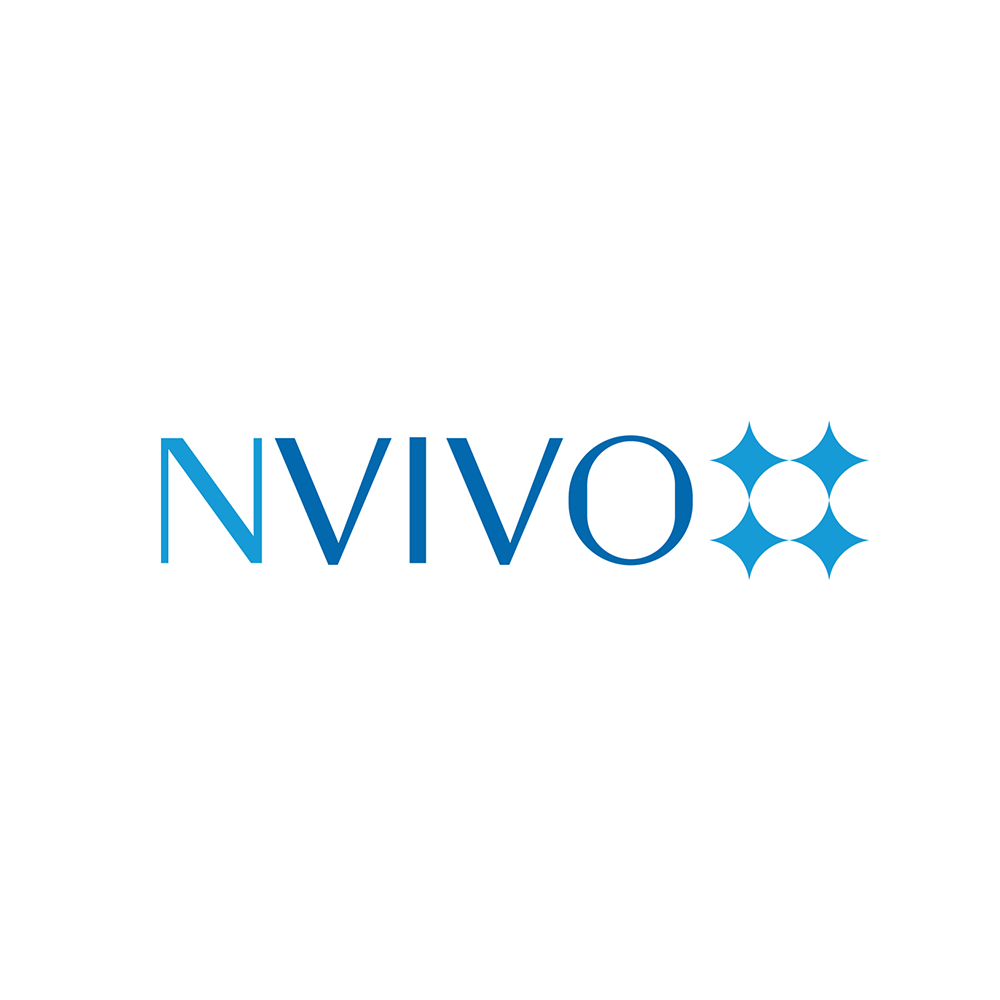
Introduction to NVivo
29 April 2024 @ 13:00 – 16:00 – Explore the fundamentals of qualitative data analysis with NVivo in this entry-level workshop led by Julia Straatman, researcher at Data School. This session is designed to familiarize you with the basic …
Read more
Data exploration toolkit for cultural data: structure, clean, visualize, and run a preliminary analysis
12 March 2024 @ 13:00 – 17:00 – This workshop focuses on the fundamental steps of collecting, constructing, and exploring datasets. Are you interested in incorporating data-driven approaches into your research or integrating computational methodologies into your coursework? …
Read more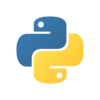
Entry level course Python in four days
01 May 2024 – 22 May 2024 @ 10:00 – 17:00 – This entry level course in Python is specifically tailored to humanities teachers, researchers, and students who want to learn the basics of this popular programming language. After the course, participants …
Read more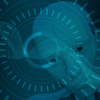
Principles & practices of machine learning with applications in the humanities
05 February 2024 @ 10:00 – 17:00 – During this comprehensive one-day course, Hugo Schnack, assistant professor Language acquisition, processing and disorders, will give an introduction to machine learning and explore its applications and potential within the humanities. …
Read more
Vacature: Management-/Office- & Communicatieassistent (0,8 fte) bij het CDH
Voor de ondersteuning van de ketens Centre for Digital Humanities (CDH) en Onderwijsondersteuning en Studentzaken (OSZ) zoekt de faculteit Geesteswetenschappen van de Universiteit Utrecht een management/-office- & communicatieassistent. In deze functie zul je beide organisatieonderdelen ondersteunen. Je kunt reageren tot uiterlijk 15 januari 2024. Binnen deze functie kom je terecht in professionele en enthousiaste teams….
Read more
Exploring online newspaper archives with Delpher and I-Analyzer
14 May 2024 @ 13:00 – 15:30 – This entry-level workshop, a joint effort between the Utrecht University Library and the Centre for Digital Humanities, is designed to assist participants in navigating large digitized newspaper archives. This session …
Read more
Introduction to LaTeX
28 February 2024 @ 10:00 – 12:00 – Do you want a good-looking thesis, article or dissertation without worrying about formatting too much? Are you fed up with Microsoft Word or other text editors not doing exactly what …
Read more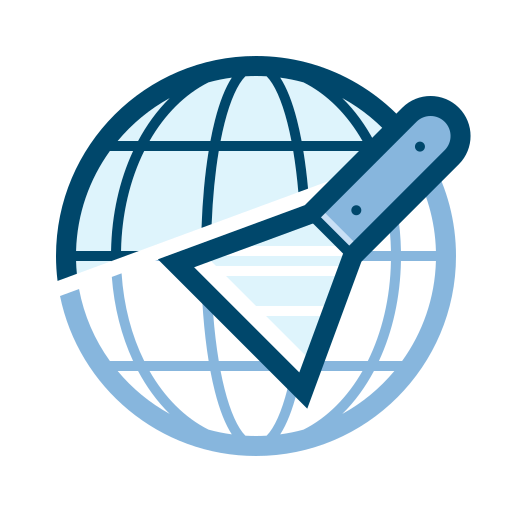
Introduction to web scraping
09 April 2024 @ 13:00 – 16:00 – Join CDH software engineer Donatas Rasiukevičius and CDH technical support assistant Sander Prins for an introduction workshop into web scraping. This workshop will introduce you to the tools and terminology …
Read more
Personalized brainstorm & consultancy session: How to successfully integrate computational methods into your research design & funding proposal
25 April 2024 @ 13:00 – 15:30 – Do you have questions on the digital humanities component of your research proposal? Whether you’re unsure about how to begin, how to properly integrate computational methods, or what research tools …
Read more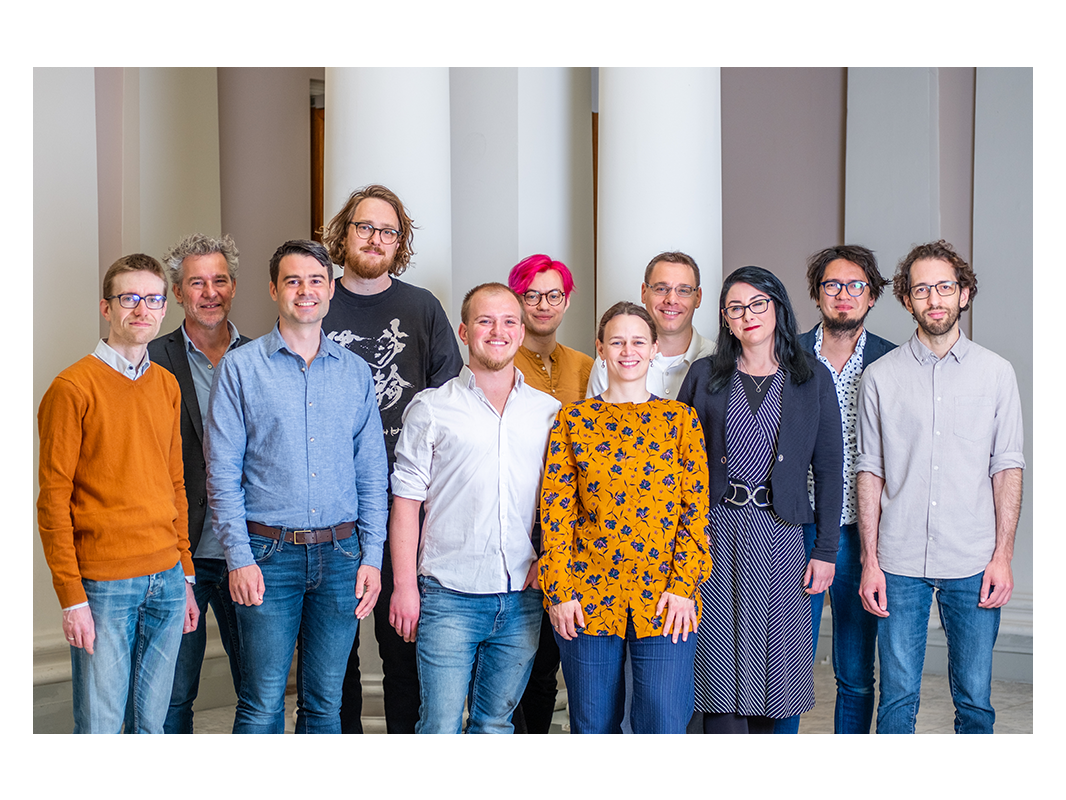
Text search and exploration tool I-Analyzer now open source
I-Analyzer, the user friendly text and data mining tool developed and maintained by the CDH Research Software Lab (RSLab), is now open source. By making the source code freely available, RSLab has significantly progressed in their commitment to promoting FAIR principles. In March 2023, the Research Software Lab received two FAIR Research IT Innovation Grants from the…
Read more
Blog Julian Gonggrijp: ‘How to ensure that others can run your code’
“If your code only runs on your computer with your files on it, in January under easterly wind while the moon is waning, then your colleagues will likely find it difficult to run your code.” How can you unsure that your freshly developed software is accessible and usable by your colleagues for their research? Julian…
Read more
